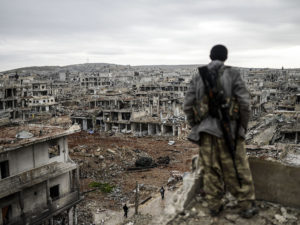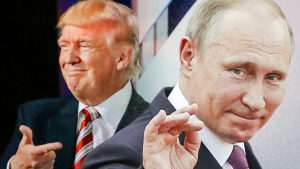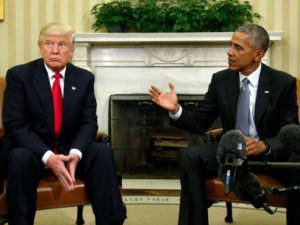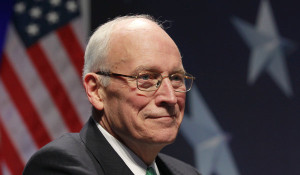Make no mistake about it: whichever way the war in Ukraine ends — whether it’s a total Russian victory or somehow Ukraine manages to broker some sort of standoff — the conclusion won’t end well for Vladimir Putin.
I say that because of the reports we are hearing from the battlefield of atrocities being committed by Russian troops against Ukrainians.
Putin stepped in it big time with his unprovoked attack on Ukraine and his phony assertions about the peril felt by Russian citizens living within Ukraine’s borders, or his bizarre claim that Ukrainian President Volodymyr Zelenskyy is some sort of neo-Nazi. It has only gotten worse for Putin.
His troops have shelled soft targets, killing civilians, including women and children. He should stand trial for war crimes when the fighting stops. If the Kremlin killer unleashes chemical weapons, well, that would produce another atrocity for which he must be held accountable.
Putin is losing the propaganda war outside of Russia. Indeed, he might even have a tenuous hold in the country he governs with his iron fists and boots … given the street protests that have erupted in places like Moscow and St. Petersburg.
The end might produce a military victory — of sorts! — for Putin and his thugs, but it is looking all the more to me as though he will finish this aggression as a net loser among the worldwide community of nations.





